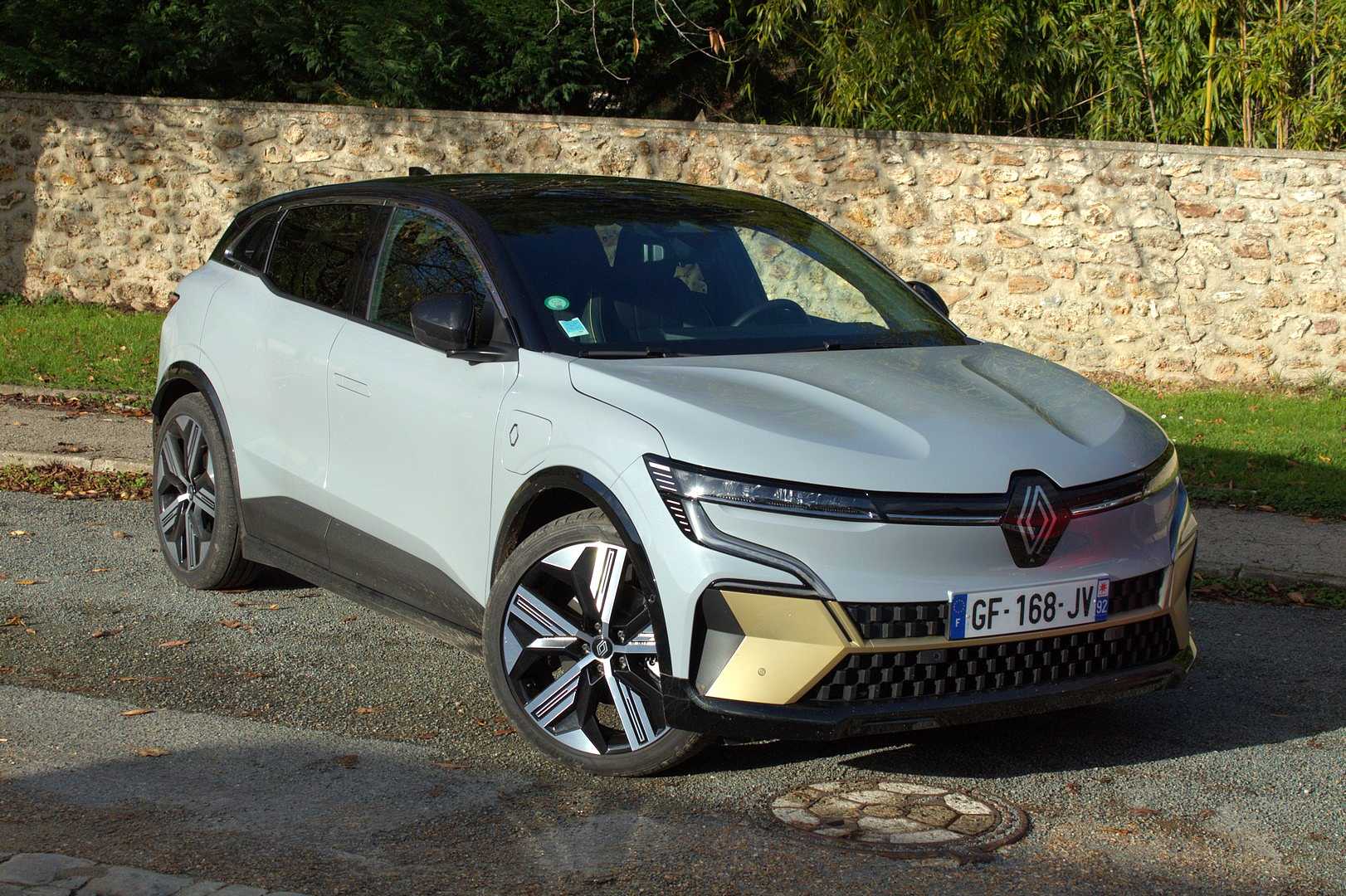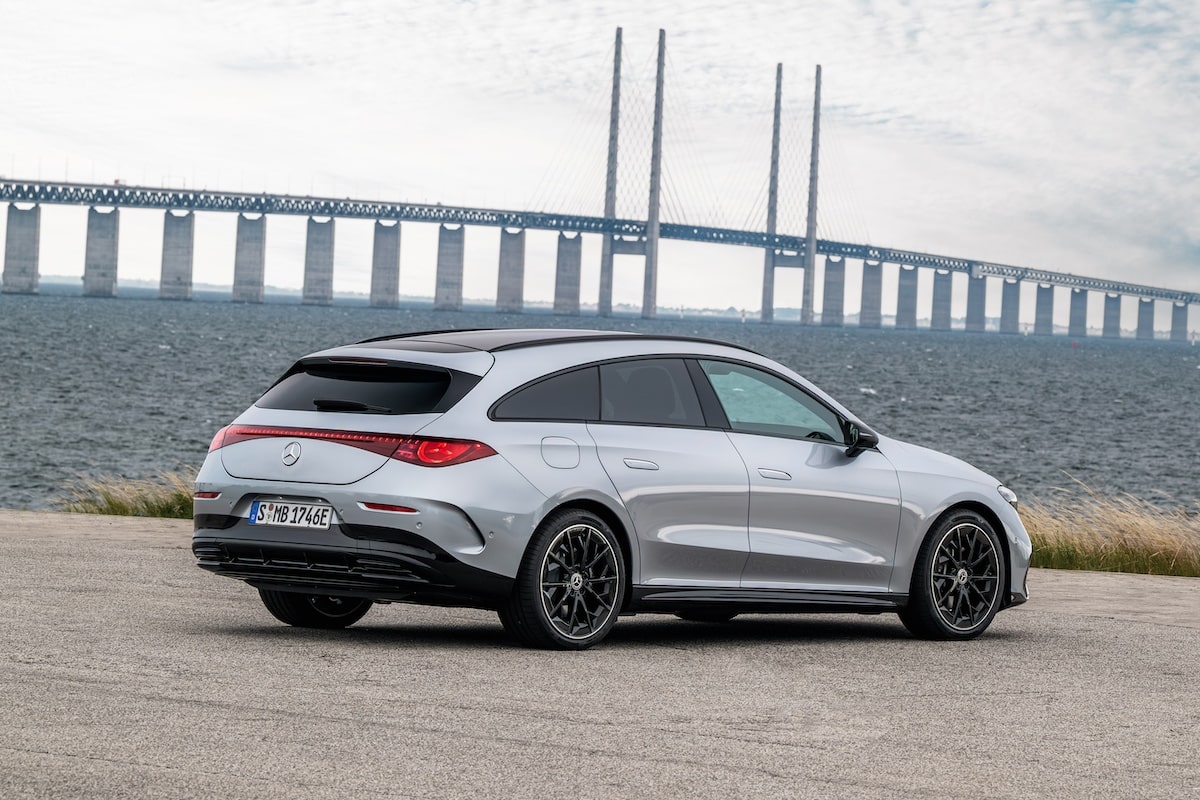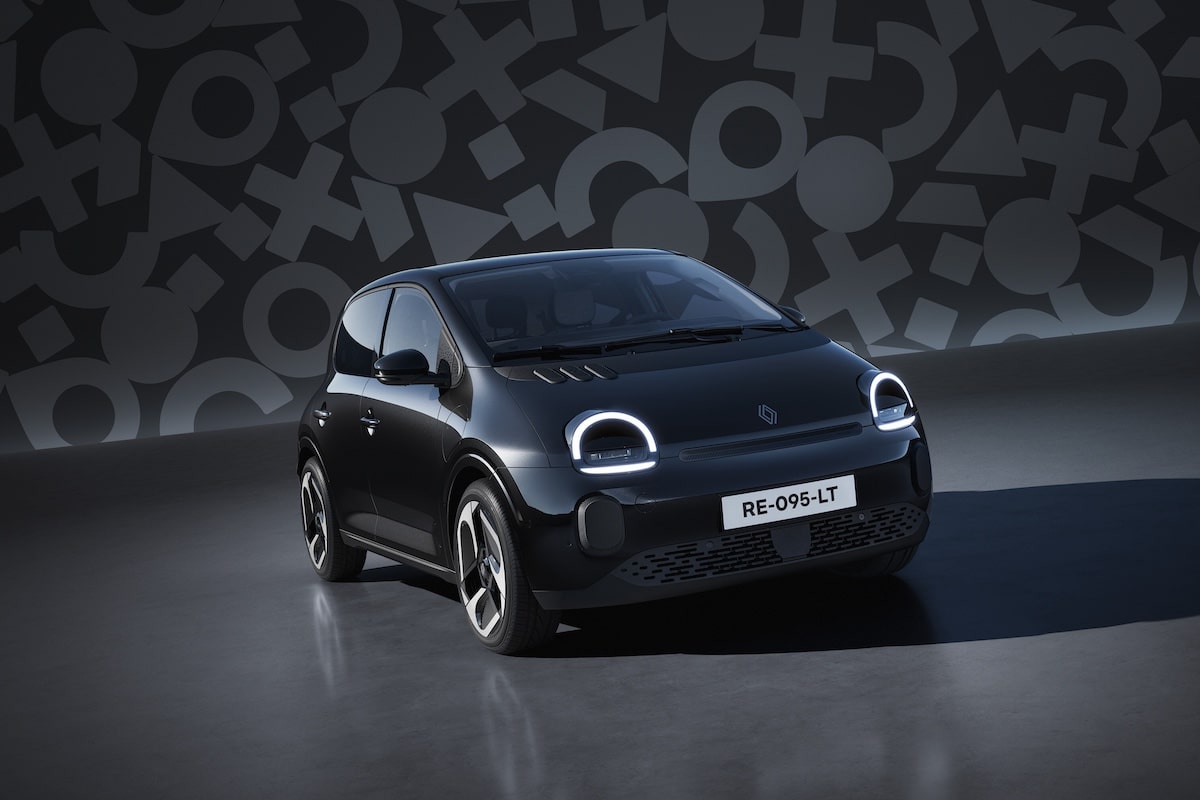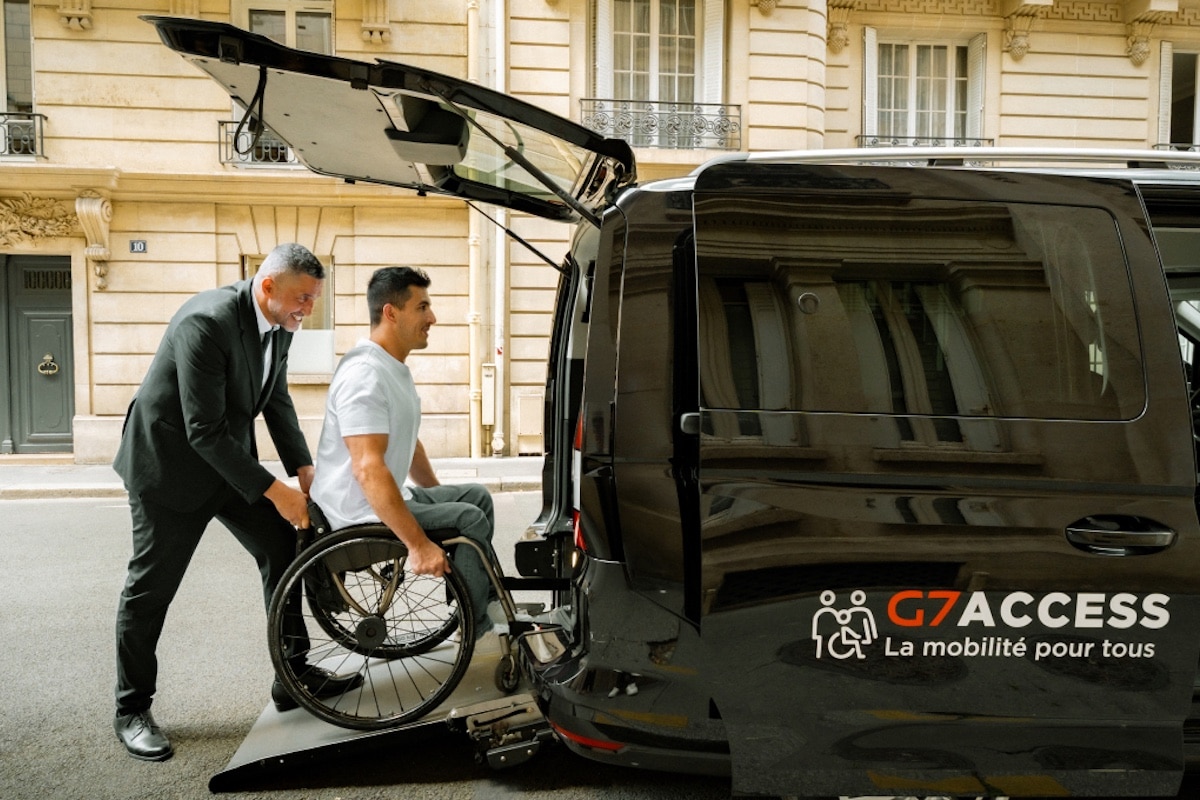Macron and CO2: Electric Cars and Public Transport to Save the Planet?

To successfully reduce CO2 emissions in France, Emmanuel Macron advocates for electric vehicles and public transportation, without major announcements.
The government aims to implement an ecological planning. It might be said it’s about time after nearly 6 years of Emmanuel Macron’s presidency. After the council on Thursday, January 26, the head of state published a video outlining the main strategies to decrease CO2 emissions in France.
The country targets 270 million tons by 2030, which is 140 million less than in 2022. But it highlights the transportation sector, which accounts for 30% of the 410 million tons of carbon dioxide emitted into the atmosphere. Not only is it the largest contributor to this greenhouse gas, but it is also the sector where “we haven’t succeeded in reducing” Emmanuel Macron states, describing it as a “worrying” observation. So what should be done?
Electrifying the automobile fleet
“The most effective approach is to focus on private vehicles,” declares the president, “which offers the most cost-effective return on investment for reducing one ton of CO2, is to succeed in electrifying the vehicle fleet.” However, France does not currently have any specific targets for reducing CO2 emissions from cars, nor does it plan to ban thermal vehicles, unlike the UK (2030), and most importantly, it has not yet implemented the EU’s decision for 2035.
Nevertheless, France has been strongly incentivizing since 2008 through ecological bonuses — initially for less polluting vehicles — moving exclusively to electric vehicles since 2022. This measure is complemented by taxes on the most polluting vehicles (up to €50,000!), and even tripled with the purchase bonus. Macron adds that simply driving electric is not enough, and aims for “manufacturing all vehicles on our soil to make production more ecological, knowing that we have a good energy mix to power them.”
Ultimately, it is a decision already known for months: to produce 2 million electric cars in France each year — amidst a backdrop of observations. The only real new announcement is… that an announcement is coming: “I’ve asked the Minister [of Ecological Transition, Christophe Béchu], to intensify this pillar of our action during the summer.” Are we heading toward strengthening the bonus? The conversion premium? Stricter Low Emission Zones (ZFE)? A ban on thermal cars? Everything remains open.
Public transportation to reduce CO2
In second place for reducing CO2 emissions, Emmanuel Macron wants to “fund solutions for mobility and develop new infrastructures to enable everyone to switch to collective transport whenever possible”. He mentions his surprise plan from last November, to create 10 RER networks in France’s largest cities. A train network modeled after Paris, including the REME in Strasbourg, currently under deployment.
He also emphasizes his intention to “revitalize smaller lines or night trains.” More details will be revealed in February, the president specifies, passing the baton to Prime Minister Elisabeth Borne, who “will present the government’s decisions concerning the Infrastructure Orientation Council report.”
A major omission by Emmanuel Macron is a third pillar of the transportation sector: soft mobility and walking. The president forgot that switching from car to bike, or even walking for very short distances, is also a significant way to avoid several tens of tons of CO2 per person.
Read also: Electric batteries sold in the EU will be more environmentally friendly
This page is translated from the original post "Macron et le CO2 : voitures électriques et transports en commun pour sauver la planète ?" in French.
We also suggestthese articles:
Also read





